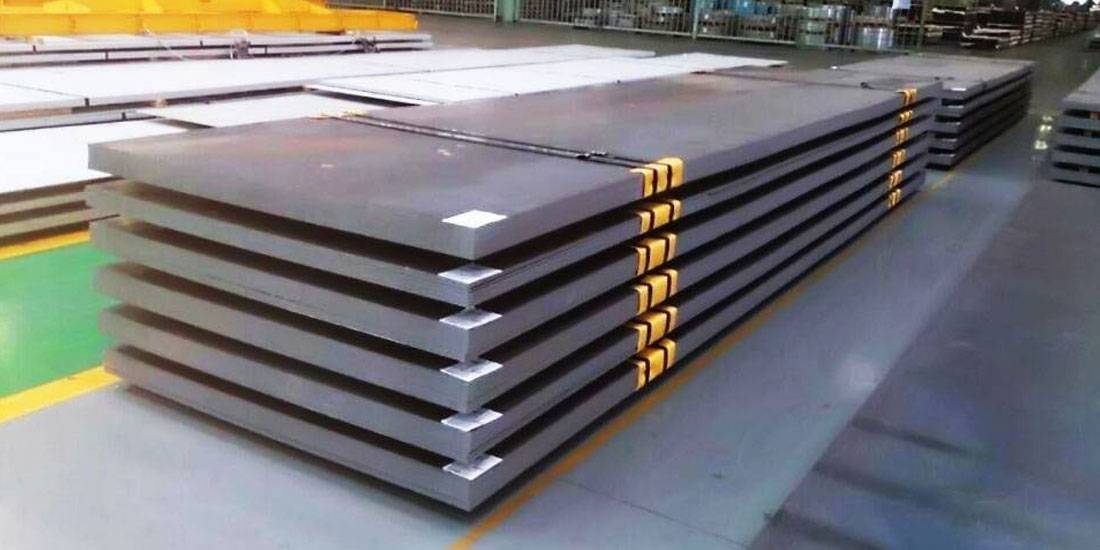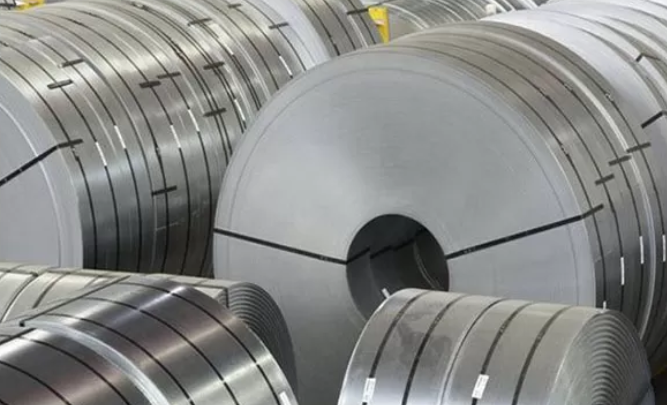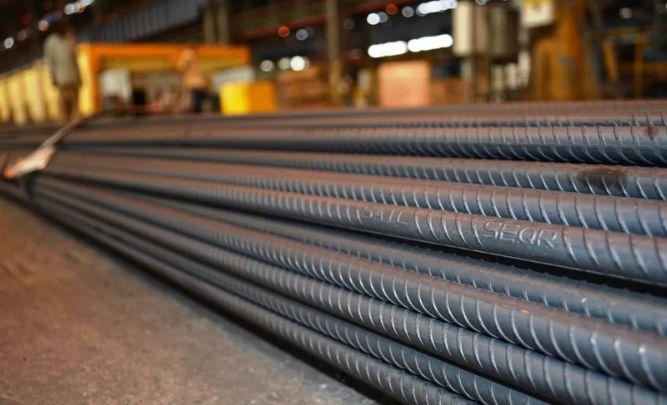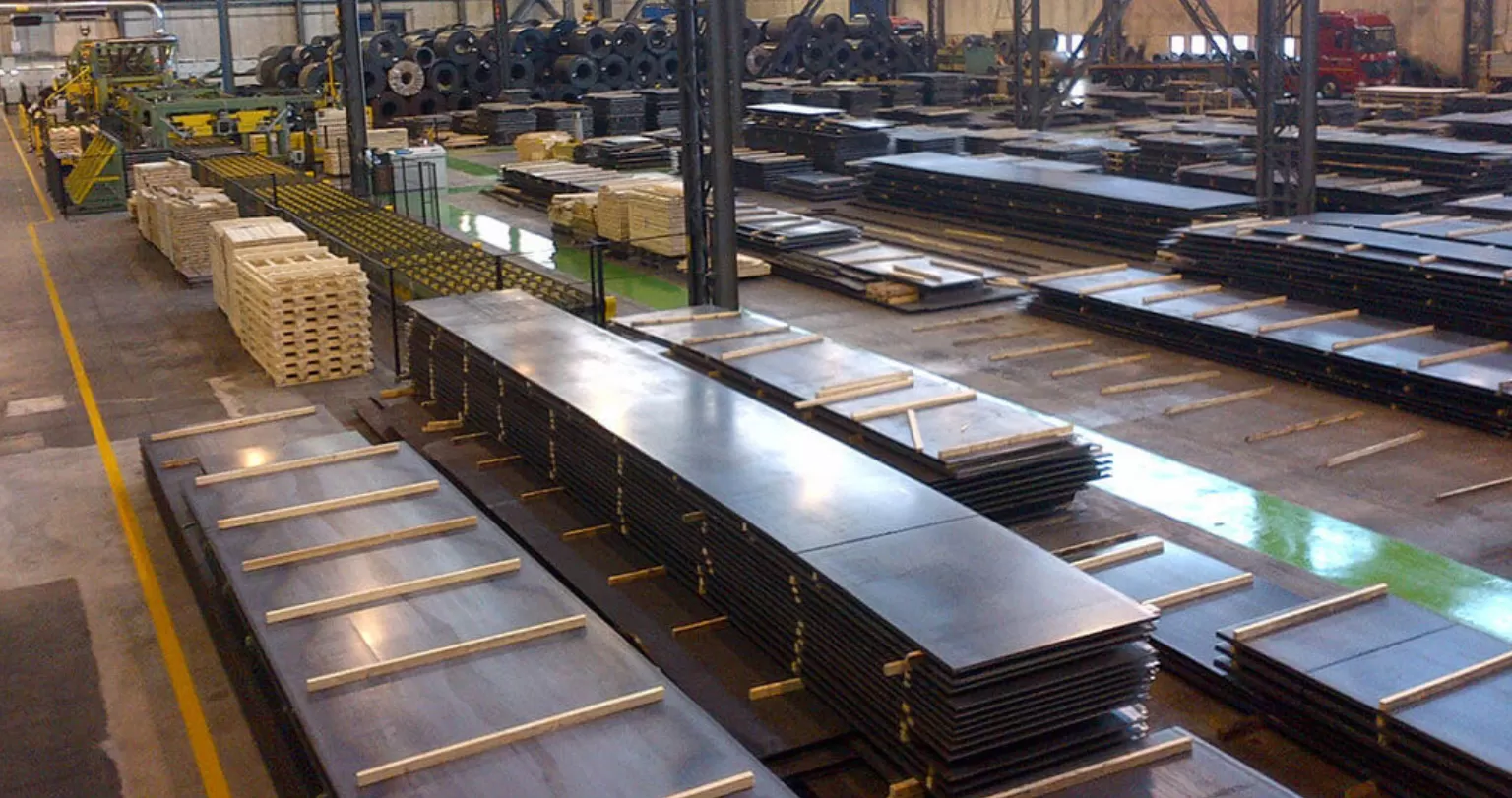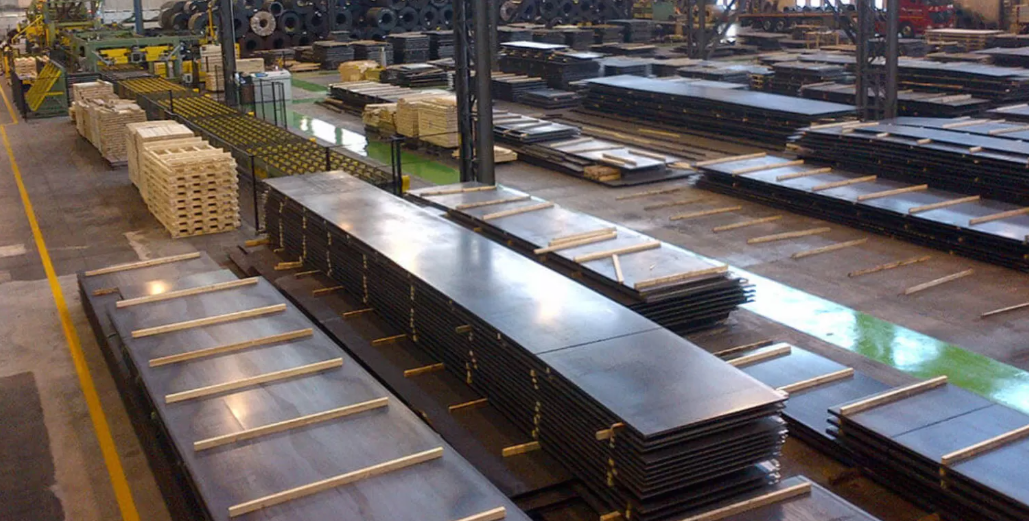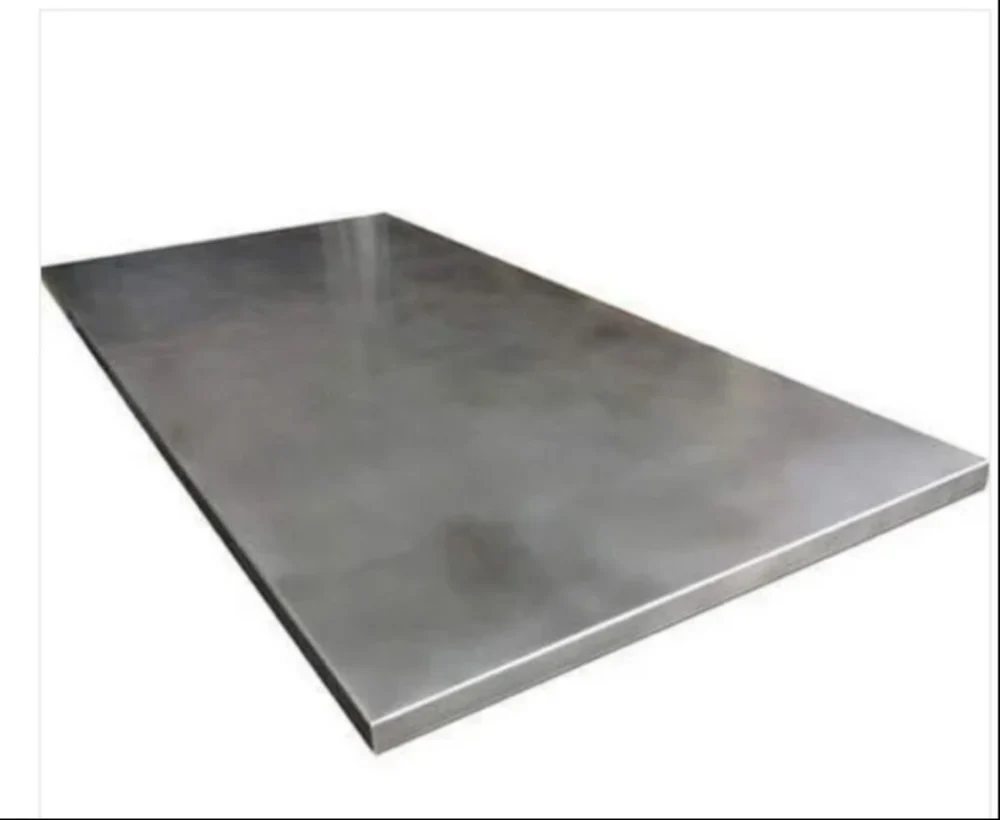Boiler quality plates function as essential elements for industrial operations that need to resist both high pressure and elevated temperatures. The plates have been engineered to handle demanding environments, which makes them suitable for pressure vessels, boilers, and heat exchangers. In this blog, we will explore different grades of boiler quality plates, including IS 2041 R260 and IS 2041 Gr 260 Boiler Quality Plates, and their various applications.
What Are Boiler Quality Plates?
Boiler quality plates represent high-strength steel plates that function as pressure vessel-grade steel plates to withstand severe pressure and temperature environments. The plates provide strong mechanical characteristics together with superior weldability and excellent resistance to cracking, which makes them ideal for petrochemicals, power plants, and refinery applications.
Common Grades of Boiler Quality Plates
There are several grades of boiler-quality plates available, each offering distinct mechanical and chemical properties. Below are some of the most widely used grades:
1. ASTM A516 Grade 60
- Description: The ASTM A516 Grade 60 carbon steel plate stands out because it provides excellent weldability combined with high toughness and moderate tensile strength.
- Chemical Composition: Contains carbon, manganese, phosphorus, sulfur, and silicon.
- Mechanical Properties: The mechanical properties of this material include a minimum tensile strength range from 415-550 MPa together with a yield strength value of 220 MPa.
- Features: Good impact resistance, high-temperature endurance, and ease of fabrication.
- Applications: This material finds its applications in pressure vessels, storage tanks, and industrial boilers at temperatures between moderate and low.
2. ASTM A516 Grade 70
- Description: This grade is an upgraded version of A516 Grade 60 with higher tensile strength and improved mechanical properties.
- Chemical Composition: Similar to Grade 60 but with a slightly higher carbon and manganese content.
- Mechanical Properties: Minimum tensile strength of 485-620 MPa and yield strength of 260 MPa.
- Features: Excellent weldability, superior notch toughness, and increased durability.
- Applications: Ideal for high-pressure vessels, reactors, the oil and gas industry, and power plants.
3. ASTM A285 Grade C
- Description: This is a low-to-intermediate tensile strength carbon steel plate used for non-critical pressure vessel applications.
- Chemical Composition: Lower carbon content compared to A516 grades, making it more formable.
- Mechanical Properties: Minimum tensile strength of 380-515 MPa and yield strength of 205 MPa.
- Features: Good forming and welding properties, suitable for low-pressure environments.
- Applications: Utilized in storage tanks, atmospheric pressure vessels, and fabrication structures.
4. ASTM A537 Class 1 & Class 2
- Description: These plates undergo heat treatment to enhance strength and toughness, making them suitable for high-pressure conditions.
- Chemical Composition: Contains carbon, manganese, phosphorus, sulfur, and silicon.
- Mechanical Properties: Tensile strength ranges from 485-620 MPa (Class 1) to 550-690 MPa (Class 2).
- Features: Higher resistance to pressure, impact, and temperature variations.
- Applications: Widely used in pressure vessels, industrial boilers, and reactors.
5. IS 2002 Grade 1 & 2
- Description: Indian standard boiler quality plates with superior toughness and strength.
- Chemical Composition: Similar to ASTM A516 with balanced alloying elements.
- Mechanical Properties: Yield strength of 240 MPa (Grade 1) and 275 MPa (Grade 2).
- Features: High impact resistance and excellent toughness.
- Applications: Power plants, refineries, and heavy-duty boilers.
6. EN 10028-2 P265GH & P355GH
- Description: European standard pressure vessel steel plates with excellent thermal stability.
- Chemical Composition: Low-alloy steel with added chromium and molybdenum for enhanced resistance.
- Mechanical Properties: Minimum tensile strength of 410-530 MPa (P265GH) and 470-630 MPa (P355GH).
- Features: High resistance to oxidation and corrosion, suitable for extreme heat conditions.
- Applications: Commonly found in steam boilers, heat exchangers, and high-temperature vessels.
Applications of Boiler Quality Plates
The manufacturing sector extensively uses boiler quality plates because these materials demonstrate high resistance to extreme pressure and temperature conditions. Here are some common applications:
1. Power Plants
Power generation facilities depend on boiler quality plates to operate their steam boilers along with heat exchangers and pressure vessels for efficient power production and safety purposes.
2. Oil and Gas Industry
The oil and petrochemical industries apply these plates to their pressure vessels sto, rage tanks, and piping systems to function efficiently under high-pressure conditions.
3. Chemical and Fertilizer Plants
Boilerplates are crucial in chemical processing plants where corrosive and high-temperature substances are handled, ensuring durability and operational safety.
4. Shipbuilding Industry
The shipboard marine boilers and pressure vessels need steel plates with superior resistance to harsh marine environments, which BQ plates offer as an ideal solution.
5. Food Processing Industry
Food processing plants depend on to operate steam-generating units and pressure vessels for producing safe food products.
6. Automotive and Heavy Machinery
These plates are also used in automotive and heavy equipment industries where high-pressure and heat-resistant components are needed.
Conclusion
The industrial sectors depend on boiler quality plates to achieve safety standards and maintain durability and operational performance under harsh conditions. The appropriate choice of boilerplate depends on the particular performance requirements, which include strength levels alongside thermal stability and resistance to corrosion.
High-quality boiler plates enable businesses to achieve better equipment performance while ensuring safety and prolonging equipment lifetime. The success of power plants, oil, refineries, and manufacturing industries depends on premium boiler quality plate investments.
To acquire high-quality Boiler Quality Plates, you should contact a trustworthy supplier who can provide the appropriate materials for your needs.

